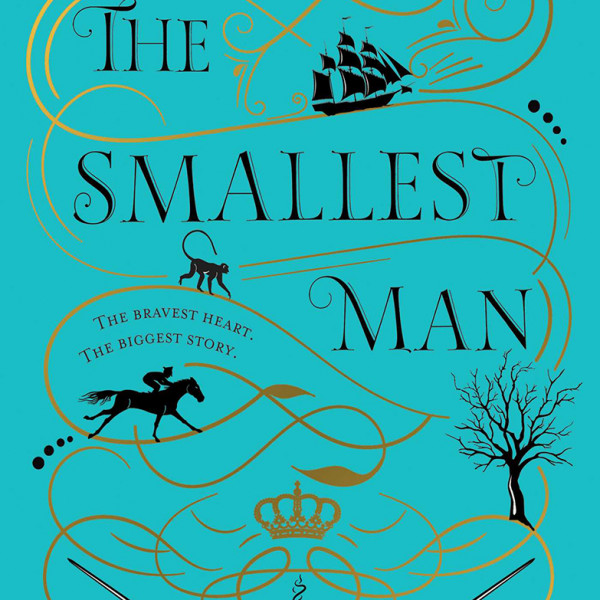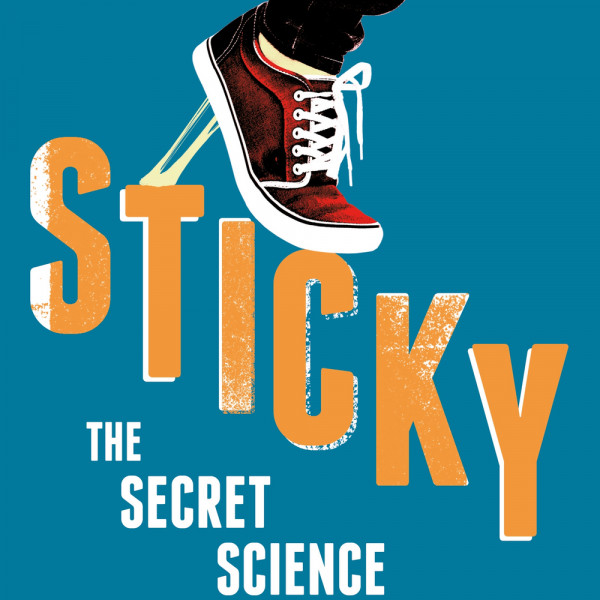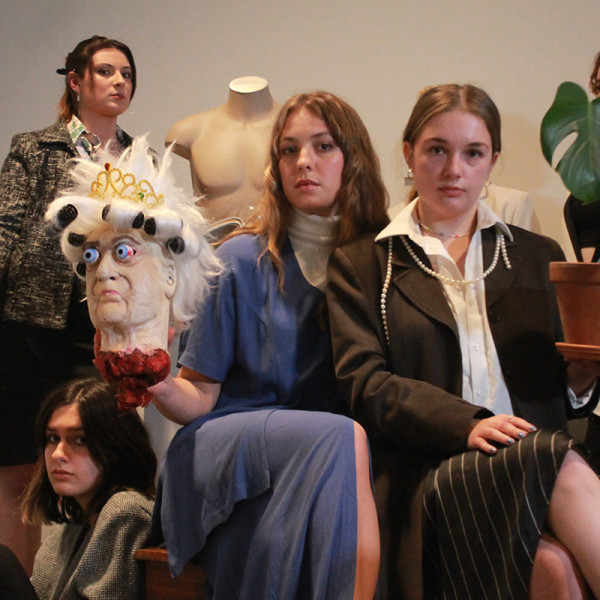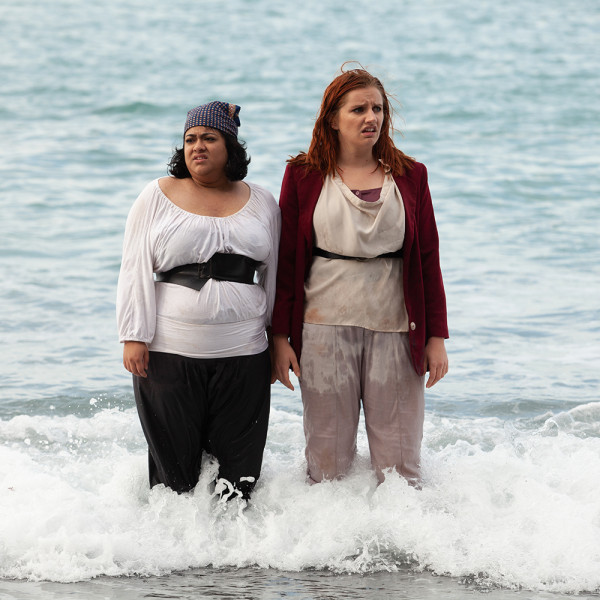
The 19th of March 2020 will go down in history as one of the most important dates of the early 21st century. Everyone old enough will be able to look back and remember where they were the day New Zealand closed its borders. I certainly do since I ended up celebrating my 44th birthday in Level 4 lockdown.
Politics in a Pandemic goes through what happened in New Zealand with a fine-tooth comb. Not only do we get a rare behind-the-scenes view of why our Prime Minister and other elected officials did what they did, we also get to see their thought processes throughout that period.
I found the writing very well done, mixed with humor and a great deal of insight. What I liked most was the input from the politicians involved and their brute honestly when it came to what they did, why they did it, and any regrets they had along the way. We get to see them not just as politicians but as people who, whether we agree with them or not, honestly did the best they could with the facts they had access to at the time.
Politics is sometimes viewed as a fairly dry subject, and having the politicians chime in and contribute to the book gave it a personal touch, which helped to lighten the tone.
Facts of the matter are written very clearly and I was able to understand everything without any of it going over my head. I know from personal experience that there was a lot of confusion about how it was all going to work, especially in the early days, so this should help answer any lingering questions you might still have. If you know someone who ever had a grumble about the lockdowns, I think you should pick this up to let them see the other side of the coin, as it were. Definitely worth it.











